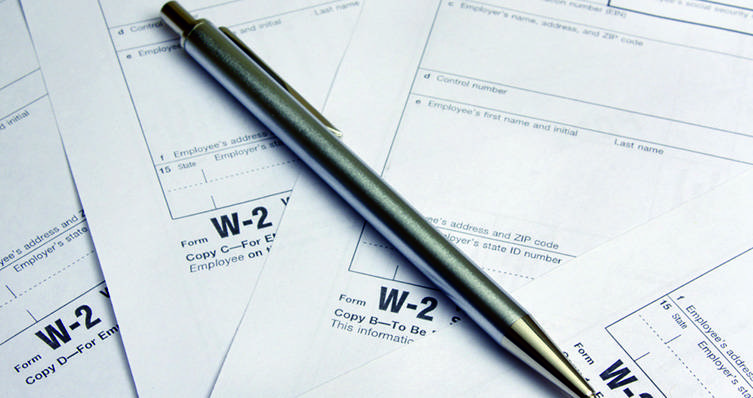
The IRS will open the 2024 income tax return filing season on January 29 – that’s the day the agency will begin accepting and processing 2023 tax year returns.
Here are answers to seven tax season questions often asked this time of year.
1. What are this year’s deadlines?
The filing deadline to submit 2023 returns or file an extension is Monday, April 15, 2024, for most taxpayers. Taxpayers living in Maine or Massachusetts have until April 17, due to state holidays.
Because of the severe storms that swept through Middle Tennessee in early December, taxpayers in Davidson, Dickson, Montgomery, and Sumner counties have a later filing deadline of June 17, 2024. Read more about that deadline change here.
2. When is my return due if I request an extension?
If you’re requesting an extension, you’ll have until October 15, 2024, to file. Keep in mind that an extension of time to file your return doesn’t grant you any extension of time to pay your taxes. You should estimate and pay any taxes owed by the April 15 deadline to avoid penalties.
3. When should I file?
Many filers wait until close to the deadline (or file for an extension), but there are advantages to filing earlier, such as the additional protection from tax identity theft.
4. What’s tax identity theft, and how does early filing help protect me?
Typically, in a tax identity theft scam, a thief uses another person’s information to file a fake tax return and claim a fraudulent refund early in the filing season.
The legitimate taxpayer discovers the fraud when filing a return. He or she is then told by the IRS that the return is being rejected because one with the same Social Security number has already been filed for the tax year. The victim should be able to eventually prove that his or her return is the valid one, but it can be time consuming and frustrating to straighten out. It can also delay a refund.
Filing early provides some proactive defense. The reason: If you file first, the tax return filed by a potential thief will be rejected.
5. Are there other benefits to filing early?
Besides providing protection against tax identity theft, another benefit of early filing is you’ll get any refund sooner. According to the IRS, most refunds will be issued less than 21 days after you file. The time may be shorter if you file electronically and receive a refund by direct deposit into a bank account. Direct deposit also avoids the possibility that a refund check could be lost, stolen, returned to the IRS as undeliverable, or caught in mail delays.
6. When will my W-2s and 1099s arrive?
To file your tax return, you’ll need all your Forms W-2 and 1099. The deadline is January 31, 2024, for employers to file 2023 W-2s and, generally, for businesses to file Form 1099s for recipients of any 2023 interest, dividends, or reportable miscellaneous income payments (including those made to independent contractors).
If you haven’t received a W-2 or 1099 by early February, reach out to the entity that should have issued it.
7. When can I prepare my return?
You can file your return now, even though it won’t be formally accepted by the IRS until later this month. Separate penalties apply for failing to file and pay on time — and they can be quite severe.
Still have questions? Find even more answers in our 2023-’24 Tax Planning Guide.
© 2024 KraftCPAs PLLC
KraftCPAs can help.
Call us at 615-242-7351 or complete the form below to connect with an advisor.